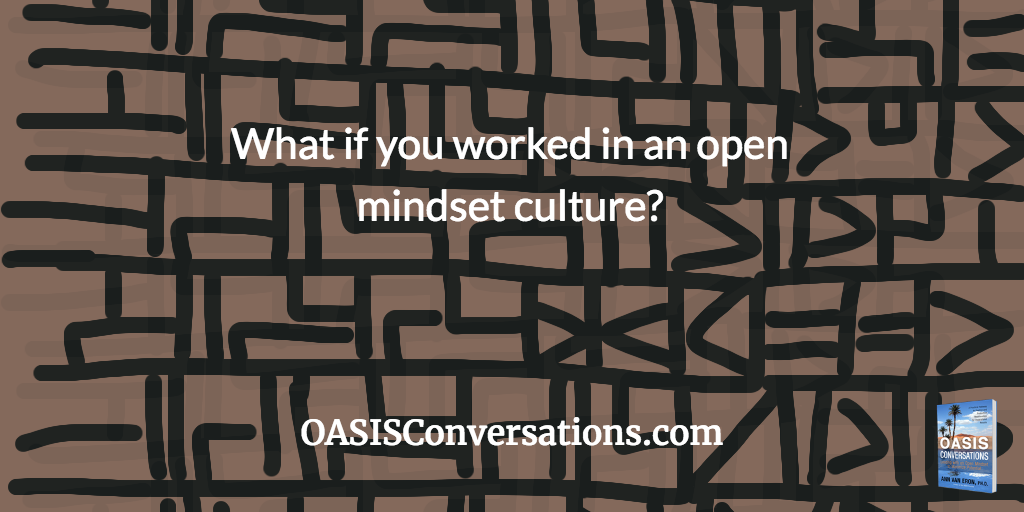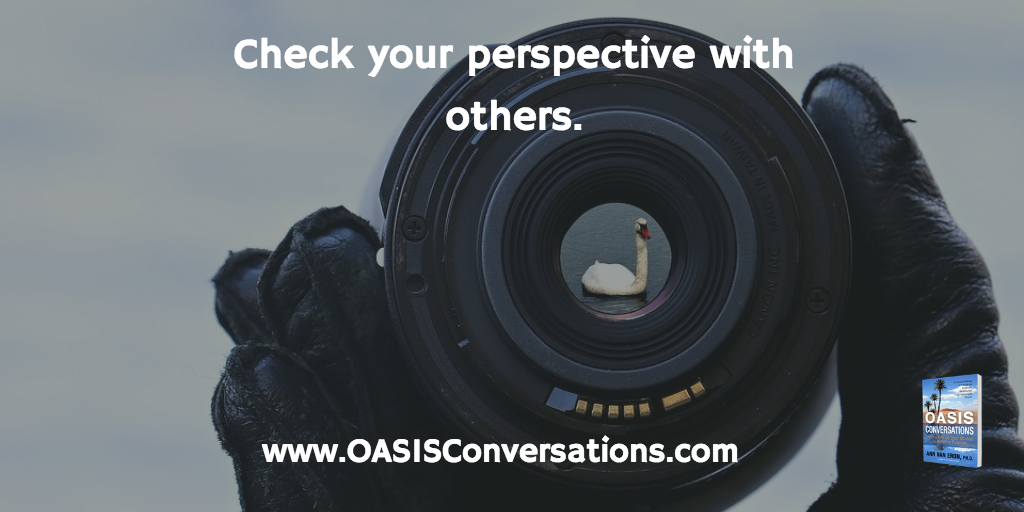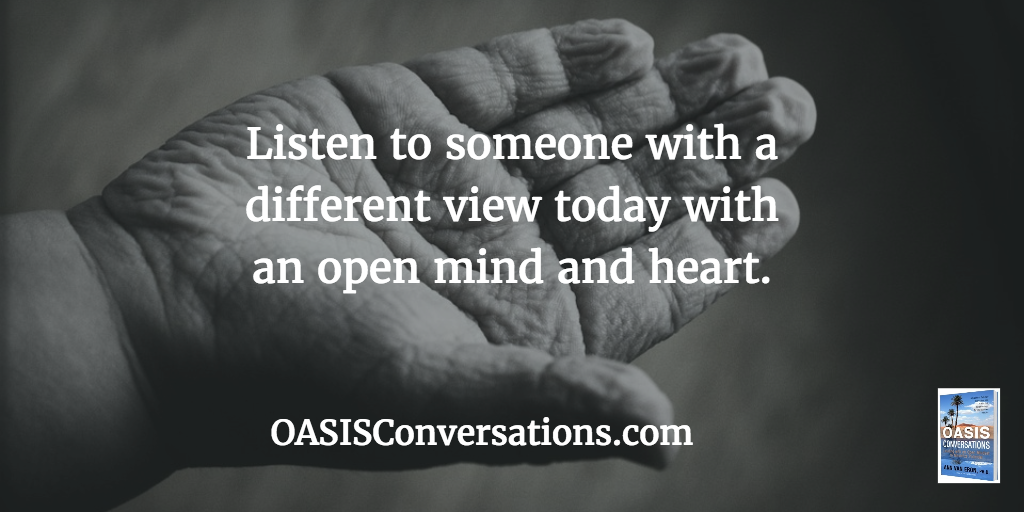 “What’s really driving the boom in coaching is this: as we move from 30 miles an hour to 70 to 120 to 180…as we go driving straight down the road to making right turns and left turns to abandoning cars and getting motorcycles… the whole game changes and a lot of people are trying to keep up, learn how not to fail.”—John Kotter, Harvard Business School
“What’s really driving the boom in coaching is this: as we move from 30 miles an hour to 70 to 120 to 180…as we go driving straight down the road to making right turns and left turns to abandoning cars and getting motorcycles… the whole game changes and a lot of people are trying to keep up, learn how not to fail.”—John Kotter, Harvard Business School
A recent study by the Conference Board revealed that top organizations are now exploring how to create coaching cultures. A survey by the International Coach Federation of over 500 of the largest companies in the United States found that companies with strong coaching cultures tended to have higher engagement and greater revenue growth in relation to industry peers. Such a culture does not diminish the need for performance and results but works on creating an environment where there is more dialogue and openness and encourages team members to explore new solutions to achieve greater results.
How would things be different if your team members worked on being open to one another and had strong connecting skills of listening and asking questions and establishing clear agreements? We all live in times of rapid change and uncertainty. We need to be resilient and innovative to stay in the game. Yet, people continue to be drained by the challenges of communicating with and inspiring their colleagues.
As an executive and team coach, I hear about the stress leaders experience when there is miscommunication, misalignment and mistrust. What’s required are open-minded conversations where people assume positive intent, seek understanding and can find common ground and shared purpose. Leaders and other professionals need the mindset and skills of coaches to create positive environments that enhance motivation and productivity.
I have supported cultural change in organizations for several decades. You need to equip team members with the mindset and skills to be effective. In addition, you need to address the systems and organizational norms to create an environment that fosters innovation. We have all experienced the difference in being in an environment that is open versus one that is closed. Working in a coaching, or what I call an open mindset culture, is the difference between feeling excited and supported for realizing results versus feeling constrained and drained.
People are quick to adapt an open mindset and coaching skills because they see their effectiveness and experience developing personally and professionally.
Feel free to contact to discuss further. www.Potentials.com

 “There is a river flowing very fast. It is so great and swift that there are those who will be afraid. They will try to hold onto the shore. They will feel torn apart and suffer greatly.
“There is a river flowing very fast. It is so great and swift that there are those who will be afraid. They will try to hold onto the shore. They will feel torn apart and suffer greatly.  A coaching client told me that she enjoyed her morning quiet meditation and that she felt centered for a few hours. As the day proceeded she felt less calm. She wondered if she should start meditating more times during the day and was a bit stressed about how to fit it in her busy day.
A coaching client told me that she enjoyed her morning quiet meditation and that she felt centered for a few hours. As the day proceeded she felt less calm. She wondered if she should start meditating more times during the day and was a bit stressed about how to fit it in her busy day. I often speak with staff members about their views of their executive leaders. When it comes to career support, many leaders get low marks. Leaders often feel they are too busy to be concerned about the careers of their staff. In addition, they often believe that each person is responsible for their own career.
I often speak with staff members about their views of their executive leaders. When it comes to career support, many leaders get low marks. Leaders often feel they are too busy to be concerned about the careers of their staff. In addition, they often believe that each person is responsible for their own career. We all have habitual patterns. Some serve us and some don’t anymore. Our patterns are like well-worn pathways in our brains. Someone irritates us and we yell. We get negative feedback and we berate ourselves until we feel we are not worthy and will always fail. We feel anxious and worry about money or our health or our kids constantly.
We all have habitual patterns. Some serve us and some don’t anymore. Our patterns are like well-worn pathways in our brains. Someone irritates us and we yell. We get negative feedback and we berate ourselves until we feel we are not worthy and will always fail. We feel anxious and worry about money or our health or our kids constantly.
 Even when our intentions are positive, we only see our perspective. A new principal saw how hard the high school students were working and wanted them to have a break and a “real” holiday. She wrote a note to all teachers telling them not to schedule tests or papers due the week after a holiday. She wanted the students to be able to take a real break. However, her goodwill gesture was not received with joy by all. Many teachers were upset since they had a curriculum they were following and then decided to test the kids prior to the vacation. The students and parents complained that they ended up having many tests and papers due prior to the break. Other administrators complained because they ended up proctoring tests late into the evening prior to the holiday.
Even when our intentions are positive, we only see our perspective. A new principal saw how hard the high school students were working and wanted them to have a break and a “real” holiday. She wrote a note to all teachers telling them not to schedule tests or papers due the week after a holiday. She wanted the students to be able to take a real break. However, her goodwill gesture was not received with joy by all. Many teachers were upset since they had a curriculum they were following and then decided to test the kids prior to the vacation. The students and parents complained that they ended up having many tests and papers due prior to the break. Other administrators complained because they ended up proctoring tests late into the evening prior to the holiday. An executive I coached was involved in high stress meetings from 8 to 8 each day. He was known to be hot headed and exploded in anger often. He was so busy that he remained task focused and failed to connect with people. He rarely shared anything personal and the environment he created was tense. Team members failed to speak with him candidly in the face of his stress and anger.
An executive I coached was involved in high stress meetings from 8 to 8 each day. He was known to be hot headed and exploded in anger often. He was so busy that he remained task focused and failed to connect with people. He rarely shared anything personal and the environment he created was tense. Team members failed to speak with him candidly in the face of his stress and anger.
 No doubt, we are each experiencing a range of emotions as we go through disruption and change after a heated and polarizing election. No matter whether you are experiencing anxiety or joy, it is valuable to make it a practice of noting your emotions and not making them wrong.
No doubt, we are each experiencing a range of emotions as we go through disruption and change after a heated and polarizing election. No matter whether you are experiencing anxiety or joy, it is valuable to make it a practice of noting your emotions and not making them wrong. We are in the midst of change in our country, world and in our lives. We have learned that change is a constant and we have successfully adapted to many changes with technology, political shifts, family changes and aging. Even so, change is not easy.
We are in the midst of change in our country, world and in our lives. We have learned that change is a constant and we have successfully adapted to many changes with technology, political shifts, family changes and aging. Even so, change is not easy.